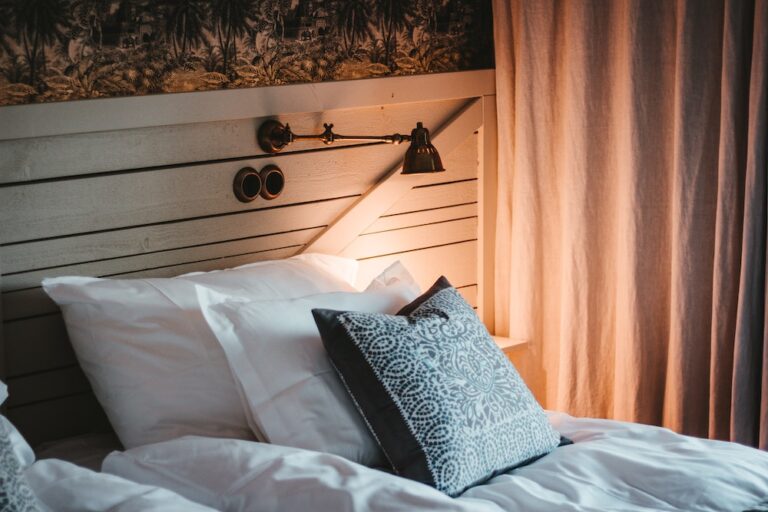Healthy Sleeping Habits for Seniors
Many of us struggle with getting a good night’s sleep. Due to the natural aging process and a decrease in hormone production, older adults experience less deep sleep — one of the most refreshing parts of the sleep cycle. That’s also why older adults are prone to waking up more frequently and often wake up feeling less rested. Today, we’re exploring remedies to help older adults achieve their best nights’ sleep, and it all starts with healthy sleeping habits.
Hitting Healthy Sleep Quotas
For older adults, experts recommend getting 7-9 hours of sleep per night. Many older adults will naturally lean towards going to sleep earlier in the evening and waking up earlier in the morning, but still many will have to spend longer in bed each night to fall and stay asleep. In case a night’s sleep doesn’t get you to a full 7-9 hours, it’s okay to make up and take a nap during the day — but try to avoid napping in the late afternoon or evening to ensure your body will be ready for the next night’s sleep.
Developing a Routine
Finding a bedtime rhythm that works for you is essential to regularly getting a good night’s sleep. First and foremost, stick to the same bedtime. This allows your body to get used to a routine and to build up a strong circadian rhythm. Avoid artificial light as well, so as not to confuse your body to the time of day. Instead, make time to wind down before bed, by doing calming activities such as reading, taking a bath, meditating or practicing breathing techniques. You should also avoid alcohol before bedtime and limit liquid intake to ensure a restful night’s sleep.
Filling the Daytime
Naturally, the more energy used during the daytime, the more ready your body will be to rest at night. Getting in a day’s worth of moderate, regular physical activity contributes to better sleep — though be sure not to exercise three hours prior to bedtime. Experts also recommend engaging socially throughout the day; this uses up more of your brain’s energy as well as aids in personal fulfillment. Getting outside and enjoying the sunlight is also crucial to getting a good night’s sleep; this exposure to natural light will help regulate your body’s circadian rhythm.
It comes as no surprise that many of the components of vibrant living contribute to healthy sleeping habits. As the saying goes — healthy mind, healthy body.

